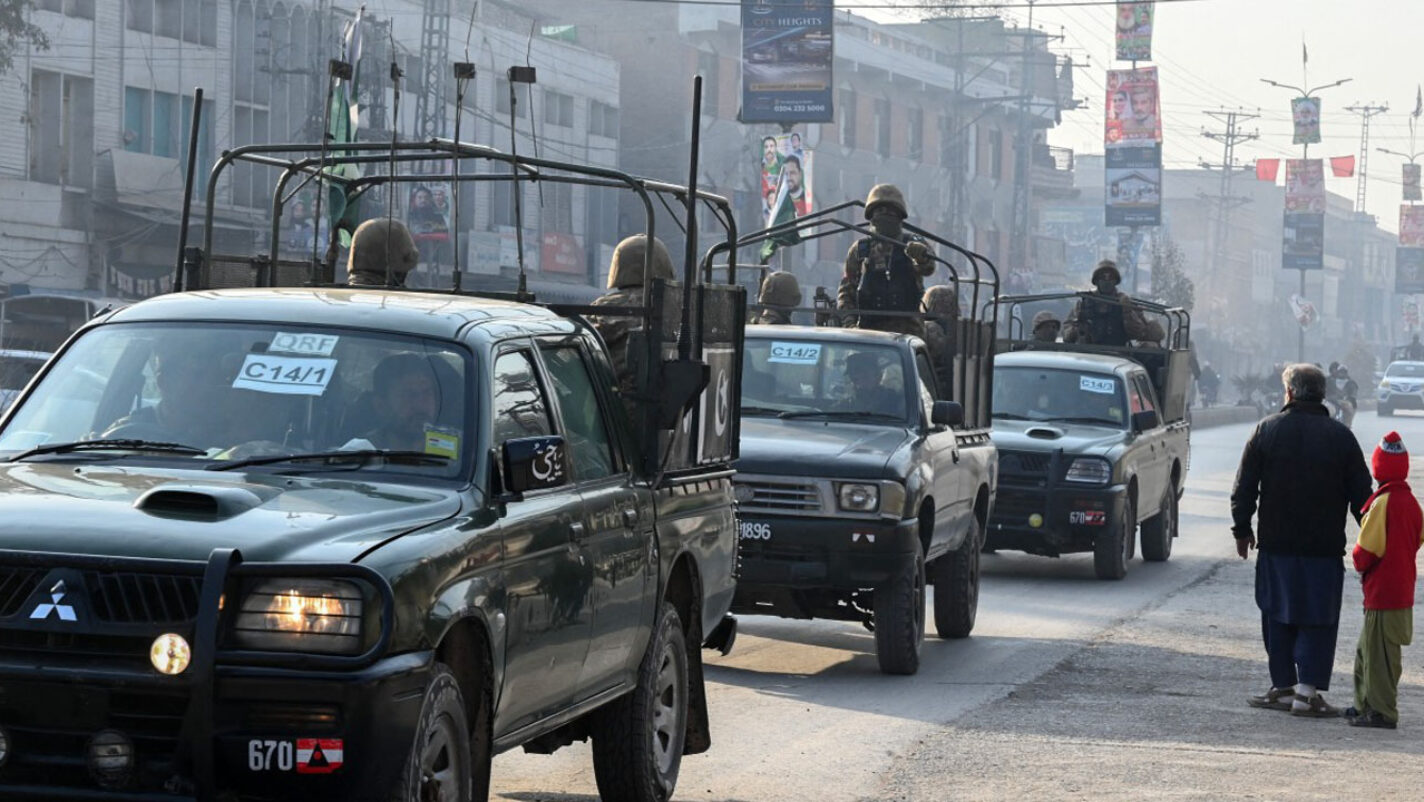Tragedy struck southwestern Pakistan on Wednesday as two separate bomb blasts rocked poll candidate offices, resulting in the loss of at least 22 lives and leaving 37 individuals wounded. The incidents cast a grim shadow over the upcoming election, already marked by violence and accusations of electoral malpractice.
The initial explosion targeted the office of an independent candidate in Pishin district, situated approximately 50 kilometers from Quetta and 100 kilometers from the Afghanistan border. Caretaker information minister for Balochistan province Jan Achakzai and Quetta police confirmed a death toll of twelve, with 25 others sustaining injuries.
Shortly after, a second blast occurred near the election office of a candidate affiliated with the Jamiat Ulema-e-Islam-F (JUI-F) party in Killa Saifullah, about 120 kilometers east of the first location. Achakzai reported ten fatalities and 12 injuries resulting from this blast, which struck in the city’s main bazaar area.
This tragic event serves as a stark reminder of the persistent threat of violence during elections in Pakistan. Last year, a suicide bomber claimed the lives of 44 individuals at a political gathering of the JUI-F party in Khyber Pakhtunkhwa province.
Ahead of Thursday’s election, more than half a million security personnel have been deployed, and ballot papers distributed to over 90,000 polling stations across the country. However, concerns about pre-poll rigging and security breaches persist, with multiple incidents targeting candidates reported in the lead-up to the election.
Despite these challenges, voting is scheduled to commence at 8:00 am local time on Thursday and conclude at 5:00 pm. With approximately 128 million eligible voters in a nation of 240 million, the stakes are high, with nearly 18,000 candidates vying for seats in national and provincial assemblies.
Security remains a paramount concern, as emphasized by Sindh provincial police chief Rafat Mukhtar during a press briefing in Karachi. As the nation braces for election day, efforts to ensure safety at every level are imperative to uphold the democratic process and safeguard citizens’ rights.


